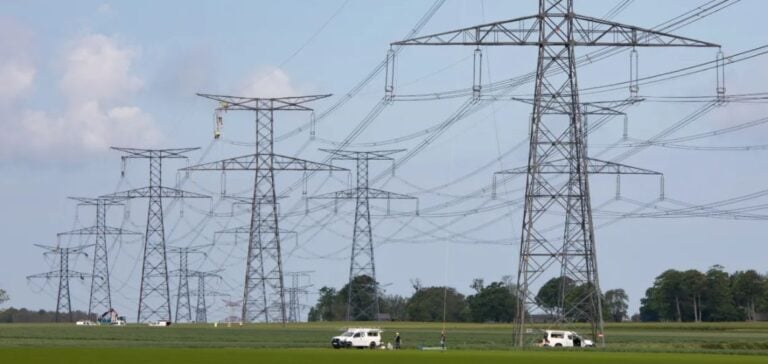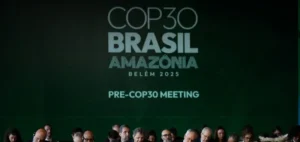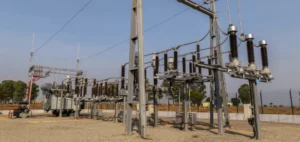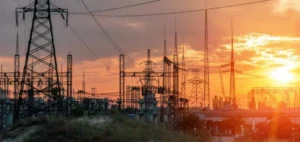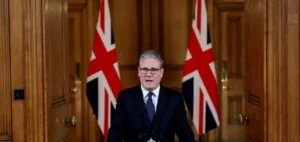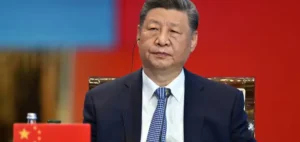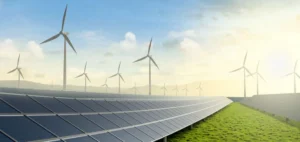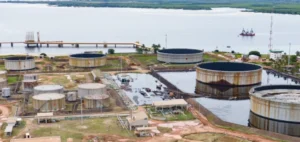The French Energy Regulatory Commission (Commission de régulation de l’énergie, CRE) has presented its new strategic guidelines for the next five years, marking its 25th anniversary. These guidelines, the result of nearly a year of extensive consultation, aim to address growing challenges in the French and European energy sectors. They are structured around three main pillars: achieving the energy transition, addressing consumer needs, and contributing to the development of a sovereign and competitive Europe in the energy market.
Since its establishment in March 2000, the CRE has played a central role in regulating the energy sector, ensuring a balance between economic efficiency, security of supply and the energy transition. It now operates at the heart of a rapidly evolving system, characterised by increased electrification of end uses, the expansion of renewable energy and the strengthening of European interconnections. This transformation will require a substantial increase in both nuclear and renewable generation capacity to meet sharply rising electricity demand.
Energy transition and market flexibility
One of the CRE’s key objectives is to ensure economic efficiency in transforming the energy mix, while overseeing the restructuring of electricity and gas networks. The Commission also places emphasis on the development of flexibility mechanisms, both on the supply and demand sides. These initiatives are intended to address growing consumption needs while supporting the integration of intermittent renewable energy sources into the national grid.
Addressing consumer needs
A second pillar of the CRE’s strategy is to address consumer-related challenges, notably by ensuring transparent energy pricing and maintaining a competitive market. The Commission will implement measures to ensure that wholesale markets operate in a way that fairly reflects price formation, while improving the clarity of the retail market for consumers. The goal is to provide households, businesses and local authorities with the information they need to make informed choices from available energy offers.
Strengthening European competitiveness
Finally, the CRE aims to reinforce Europe’s competitiveness in the energy sector by supporting the development of an integrated European market. The Commission intends to position the energy transition as an industrial opportunity for Europe and play a key role in shaping a unified and sovereign market. It will use its regulatory expertise to promote French and European interests in international negotiations.
Concrete targets for 2030
The strategic guidelines include eight main directions and 22 specific actions with measurable targets. CRE President Emmanuelle Wargon stated that these priorities will guide the Commission’s daily operations, while continuing to engage in public debate and strengthen international cooperation.
With these new guidelines, the CRE positions itself as a key regulatory actor in a constantly evolving sector, aiming to ensure a reliable, robust and innovative energy system by 2030.


